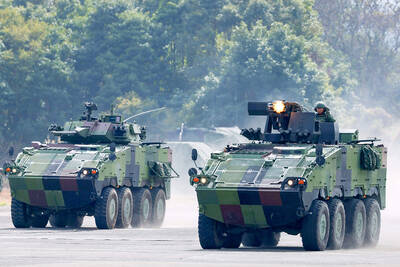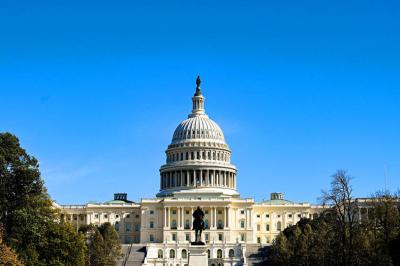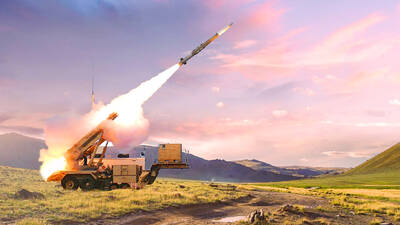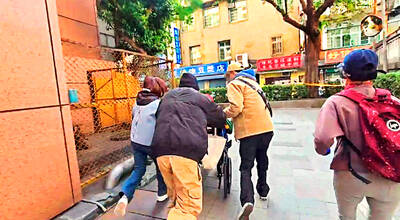Taiwan should not have to rely on information from the US and Japan to detect China's submarines in its territorial waters, military experts said yesterday in response to the incident in which a Chinese vessel broke down near the Pratas (Tungsha) Islands on Thursday.
They said that the Taiwanese navy currently cannot patrol the area in which the incident occurred because of its limited resources, which is why the government should not waste time in buying the advanced P3C submarine-hunting aircraft.
Ministry of National Defense (MND) officials told Chinese-language newspapers on Tuesday that the area in which China's Type 035 Ming-class submarine broke down is outside the navy's reconnaissance area, and that they had been informed of the incident by the US.
According to an article by retired vice admiral Lan Ning-li (
"The submarines of Beijing's South China Sea fleet must pass the Pratas Islands to enter the waters southwest of Taiwan or to enter the Pacific Ocean through the Bashi Strait," Lan said in the article.
The article said Taiwan's military has been unable to patrol the waters near the Pratas Islands, which are about 555km to 9925km from Taiwan.
Lan said that only sustained patrols by advanced anti-submarine aircraft such as the P3C can detect China's submarines when they are underwater.
Although the US patrols the area with P3Cs, Taiwan's defense security should not rely entirely on information from the US, he said.
The nation's combat units would have more time to respond to movements by China's submarines if Taiwan had its own sources of information about the area, Lan said.
He added that China could fire submarine-launched cruise missiles at Taiwan from the waters around the Pratas Islands.
The country needs to swiftly establish its P3C force, but the Ministry of National Defense has failed to make it clear to the public why the country needs the aircraft, Lan said.
Ou Si-fu (歐錫富), a researcher at the Institute for National Policy Research, said that the military's current force of S2T aircraft might not be able to detect some of China's more advanced vessels, such as Kilo-class submarines, which is why the military needs to establish an advanced anti-submarine force.
However, some officials have argued that the P3Cs would be unable to carry out missions during wartime unless the air force has the ability to dominate the nation's airspace, Ou said.
Liao Wen-chung (
He said that Taiwan's military has been unable to detect China's submarines since they were equipped with new C4ISR systems recent years.
"The military has been relying on the US and Japan for information on the movements of China's submarines," Liao said.
Andrew Yang (

Taiwan must first strengthen its own national defense to deter a potential invasion by China as cross-strait tensions continue to rise, multiple European lawmakers said on Friday. In a media interview in Taipei marking the conclusion of an eight-member European parliamentary delegation’s six-day visit to Taiwan, the lawmakers urged Taipei to remain vigilant and increase defense spending. “All those who claim they want to protect you actually want to conquer you,” Ukrainian lawmaker Serhii Soboliev said when asked what lessons Taiwan could draw from Russia’s invasion of Ukraine. Soboliev described the Kremlin as a “new fascist Nazi regime” that justified

The US House of Representatives yesterday passed the PROTECT Taiwan Act, which stipulates that Washington would exclude China from participating in major global financial organizations if its actions directly threaten Taiwan’s security. The bill, proposed by Republican US Representative Frank Lucas, passed with 395 votes in favor and two against. It stipulates that if China’s actions pose any threat to Taiwan’s security, economic or social systems, the US would, “to the maximum extent practicable,” exclude China from international financial institutions, including the G20, the Bank for International Settlements and the Financial Stability Board. The bill makes it clear that China

‘T-DOME’: IBCS would increase Taiwan’s defense capabilities, enabling air defense units to use data from any sensor system and cut reaction time, a defense official said A defense official yesterday said that a purported new arms sale the US is assembling for Taiwan likely includes Integrated Battle Command Systems (IBCS). The anonymous official’s comments came hours after the Financial Times (FT) reported that Washington is preparing a US$20 billion arms sale encompassing “Patriot missiles and other weapons,” citing eight sources. The Taiwanese official said the IBCS is an advanced command and control system that would play a key role in President William Lai’s (賴清德) flagship defense program, the “T-Dome,” an integrated air defense network to counter ballistic missiles and other threats. The IBCS would increase Taiwan’s

NOMINAL NEWLYWEDS: A man’s family and his wife — his long-term caregiver — are engaged in a legal dogfight over the propriety and validity of the recent union A centenarian’s marriage to his caregiver unbeknownst to his children has prompted legal action, as the caregiver accuses the man’s children of violating her personal liberty and damaging her reputation, while the children have sought a legal option to have the marriage annulled. According to sources, the 102-year-old man surnamed Wang (王) lives in Taipei’s Zhongshan District (中山) and previously worked as a land registration agent. Wang reportedly owns multiple properties and parcels of land worth several hundred million New Taiwan dollars and has ten children. His caregiver, a 69-year-old surnamed Lai (賴), has been caring for him since about 1999,